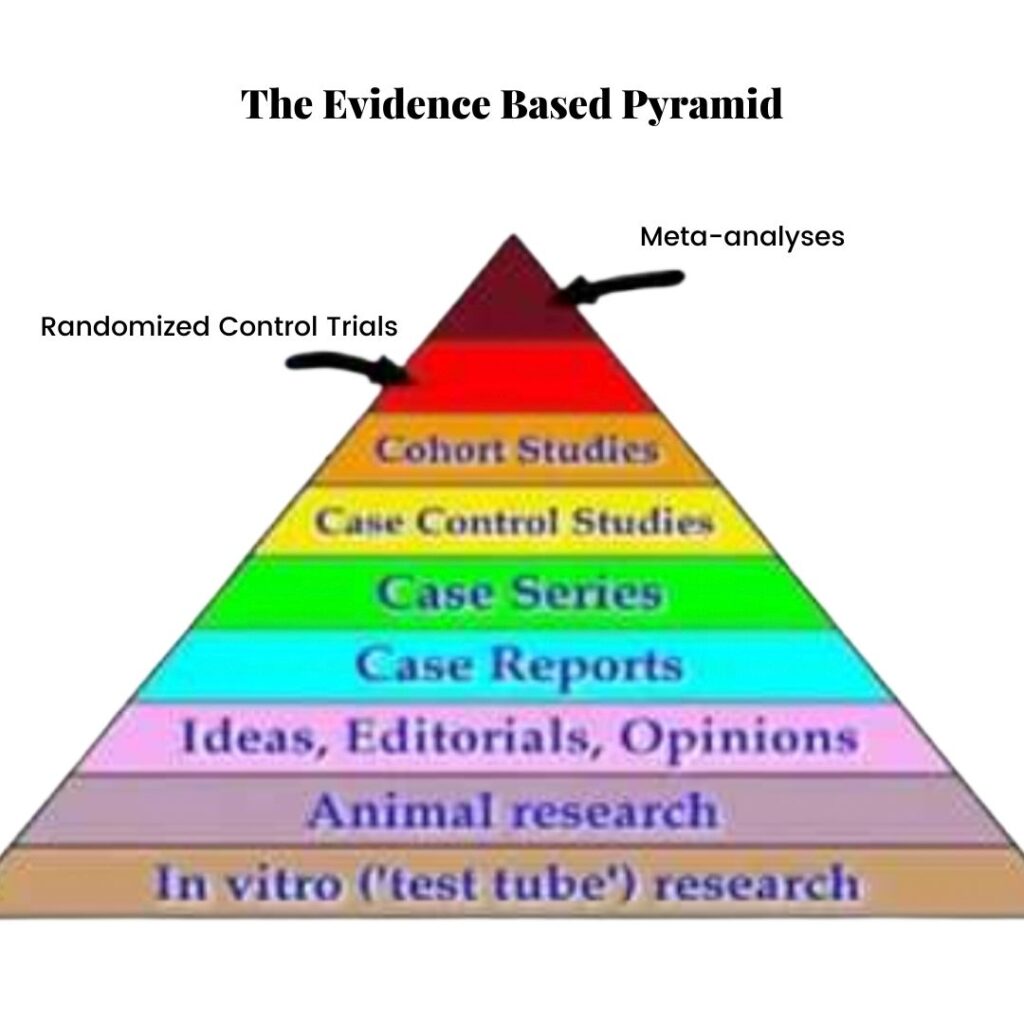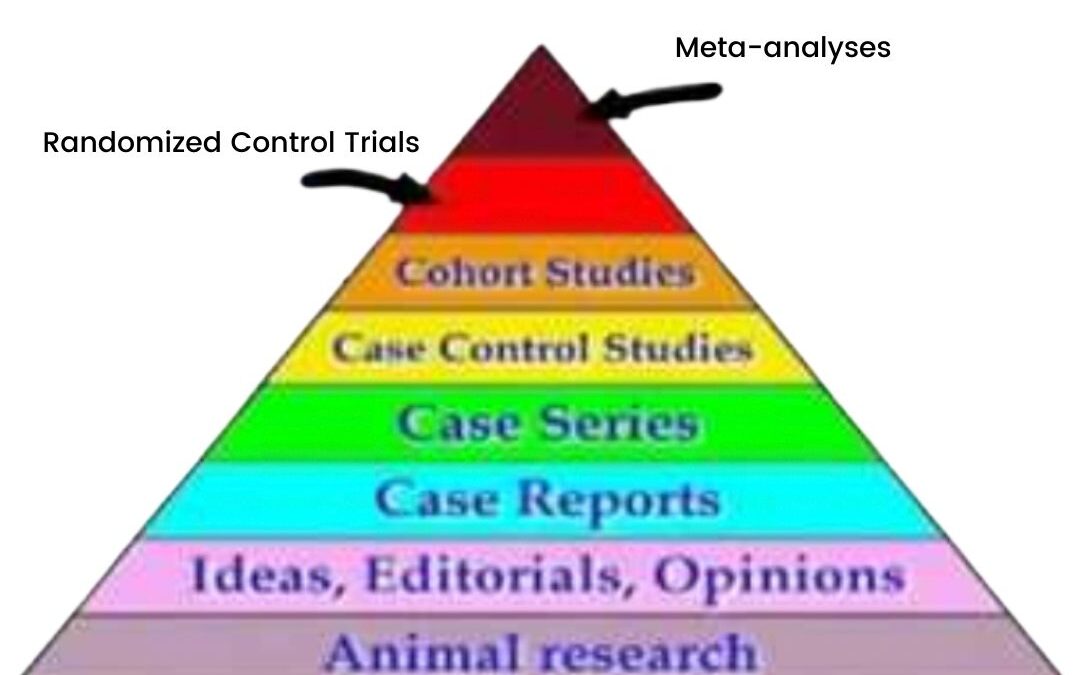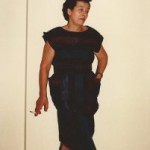Is medicine a science?
The short answer is it’s an applied science.
We’ve been hearing quite a lot about The Science these days. So, what is science? How does science guide medical practice and naturopathic medicine?
The science council defines science as, “the pursuit and application of knowledge and understanding of the natural and social world following a systematic methodology based on evidence.”
The answer is, science is a methodology.
It is applied in medicine through Evidence Based Medicine (EBM) which starts with the individual patient and incorporates: clinical expertise, scientific evidence (that best that exists according to a hierarchy), and patient values and preferences.
“Evidence medicine is the conscientious, explicit, judicious and reasonable use of modern, best evidence in making decisions about the care of individual patients. EBM integrates clinical experience and patient values with the best available research information.”

In EBM, evidence exists in a hierarchy, represented by the Evidence Based Pyramid (shown above). Animal studies are at the bottom, case reports (clinical anecdotes) somewhere in the middle and randomized control trials and meta-analyses (the Gold Standard of evidence) at the top.
Dave Sackett (the Father of EBM) et al. write in the British Medical Journal (1996),
“Good doctors use both individual clinical expertise and the best available external evidence and neither alone is enough.”
In addiction to scientific evidence, EBM must incorporate:
- Patient values
- A bottom-up approach (it is patient-centred, not guideline-centred)
- The needs of the individual (EBM is not a one-size-fits-all formula)
- Clinical expertise
- The best available evidence: this does not mean using only randomized control trials. Sometimes the best evidence we have are case reports, historical and traditional use of an herb or animal studies. We still owe our patients the opportunity to see if a treatment works for them, especially if the risk of a given treatment is low.
As clinicians, we use our knowledge in different ways. We start with an assessment of the individual in front of us. This assessment takes into account the factors that influence this patient’s life, their lifestyle, their health condition and their overall health goals.
We then turn to clinical experience, research, our scientific knowledge and guidelines.
We share this information with our patient. Our job is to educate and convey the options so that the individual can provide informed consent. How does this knowledge fit into the patient’s life? How does it inform their choice?
Science is not a set of values. It is not a religion. We do not follow it.
Science provides us with a methodology for seeking the answers to questions we might ask about how the principles of nature, including the human body, are organized.
Science encourages us to ask questions and testing hypotheses in order to find answers.
It is never settled.
Most of all, science doesn’t tell us how to use scientific knowledge.
Our choices are governed by our goals, preferences and values.
So, “follow the sicence?”
No. Follow your goals, preferences, values and dreams.
And use science to help guide your way.
Reference:
Sackett, D. L., Rosenberg, W. C., Gray, J. M., Haynes, R. B., & Richardson, W. S. (1996). Evidence based medicine: What it is and what it isn’t. BMJ, 312(7023), 71–72.







